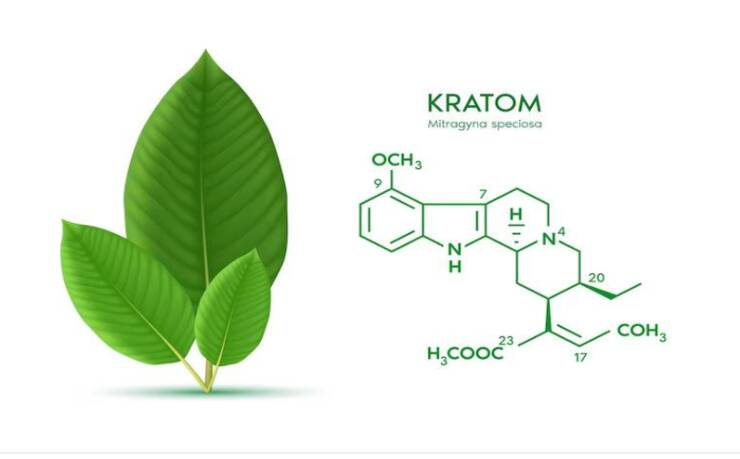Contents
1. Different types of kratom grow on different trees
2. All strains have the same effects on the body
3. Kratom is illegal in the US
4. Kratom is an opioid
5. Kratom offers no benefits
6. Kratom has no adverse effects
7. Kratom isn’t addictive
Use kratom correctly for optimal benefits

Is kratom an opioid? Does the herb have any effect on the human body? You might have heard several things about this supplement, as many individuals try to find answers to uncertainties about it.
Kratom is a tree originating from certain Southeast Asia. Its leaves contain numerous alkaloids, including mitragynine and 7-hydroxymitragynine. The plant has several strains from different countries, typically available as powder or https://www.kratomcountry.com/kratom-capsules.
Despite the potential benefits of this supplement, many spread fallacies about it. These misconceptions affect how some individuals view the plant. Let’s debunk the top seven myths about kratom below.
1. Different types of kratom grow on different trees
The truth about kratom is that the supplement has different classifications. Depending on the vein color during harvest, white, green, and red are the three primary varieties.
Using its origins, kratom can be further classified into different strains, including:
⦁ Maeng Da
⦁ Borneo
⦁ Bali
⦁ Thai
⦁ Indo
Many assume these strains are from different trees, but this claim is untrue.
All varieties grow on the same plant called kratom (Mitragyna speciosa), an evergreen native to Thailand, Malaysia, and other SE Asian countries. The only distinction is that each strain grows in a different region and is harvested at varying maturity levels, resulting in a range of effects.
2. All strains have the same effects on the body
Since all strains are from the same tree, it’s easy to believe they all have similar effects on your system. This assumption is untrue, as each variety affects your body in a unique way.
What is kratom like when used recreationally or medically? The herb could act as a sedative or as an energizer. The specific strain you consume will determine your experience and the duration of the herb’s effects on your system.
White vein strains are known as energizers, whereas red vein kratom helps you relax. The green variety brings a balance between the other two types as it offers both benefits moderately.
3. Kratom is illegal in the US
Contrary to what you might have heard, kratom is legal in the United States. Though the US Food and Drug Administration (FDA) and other agencies don’t regulate the herb, federal law allows its use and possession.
Despite the supplement’s legality at the federal level, each state decides if it’s allowed or not. Currently, it’s unlawful to consume or own kratom in Alabama, Arkansas, Indiana, Rhode Island, Vermont, and Wisconsin. Unless the law changes, avoid using the herb in these regions.
While kratom is legal in other states, some jurisdictions have prohibited it. In specific regions, there are age restrictions for using the herb. Certain places also regulate the plant’s sales, production, and labeling.